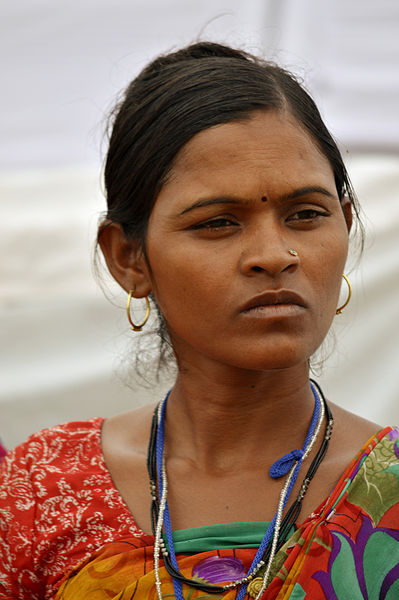‘No other way to earn money’: Why women from poor families become egg donors for infertile couples
By Priyanka Vora,
Scroll.in
| 06. 19. 2018
In March, Mumbai resident Shaheeda Khan*, 26, spent 20 days at a fertility clinic in Kerala, where doctors gave her hormone injections every day. The shots were aimed at stimulating her ovaries to make them produce multiple eggs, not just the one or two they would generate naturally in a month. At the end of the 20 days, several of Khan’s eggs were surgically extracted and fertilised in a laboratory – a procedure known as in-vitro fertilisation or IVF. Khan did not know where the sperms for the fertilisation process came from, nor what happened to the embryos. Some of these would be implanted in the wombs of women willing to bear children.
Though the clinic listed Khan as an “egg donor”, this was a euphemism. Khan was paid Rs 45,000 for undergoing the procedure.
Women like Khan are small parts of a global IVF machine that was valued at $15 billion in 2017, according to one estimate. Said a doctor who treats infertility in Chennai, requesting anonymity, “Eggs are the raw materials for IVF procedures and these donors...
Related Articles
By Diaa Hadid and Shweta Desai, NPR | 01.29.2026
MUMBRA, India — The afternoon sun shines on the woman in a commuter-town café, highlighting her almond-shaped eyes and pale skin, a look often sought after by couples who need an egg to have a baby.
"I have good eggs,"...
By George Janes, BioNews | 01.12.2026
A heart attack patient has become the first person to be treated in a clinical trial of an experimental gene therapy, which aims to strengthen blood vessels after coronary bypass surgery.
Coronary artery bypass surgery is performed to treat...
By Staff, ScienceDaily | 01.05.2026
Scientists at UNSW Sydney have developed a new form of CRISPR technology that could make gene therapy safer while also resolving a decades-long debate about how genes are switched off. The research shows that small chemical markers attached to DNA
...
Following a long-standing CGS tradition, we present a selection of our favorite Biopolitical Times posts of the past year.
In 2025, we published up to four posts every month, written by 12 authors (staff, consultants and allies), some in collaboration and one simply credited to CGS.
These titles are presented in chronological order, except for three In Memoriam notices, which follow. Many more posts that are worth your time can be found in the archive. Scroll down and “VIEW...




